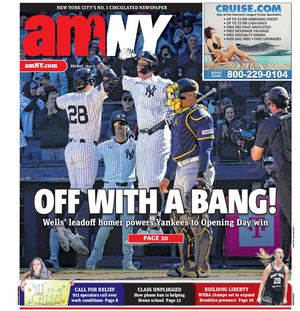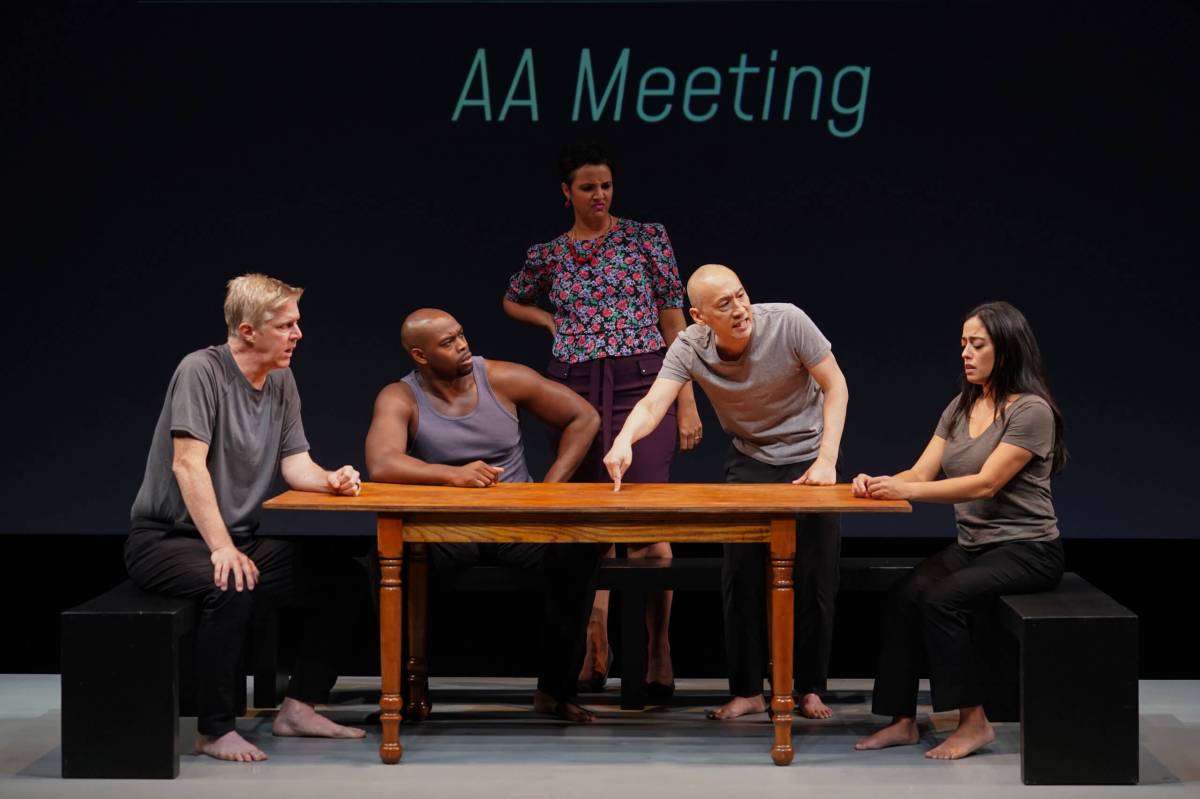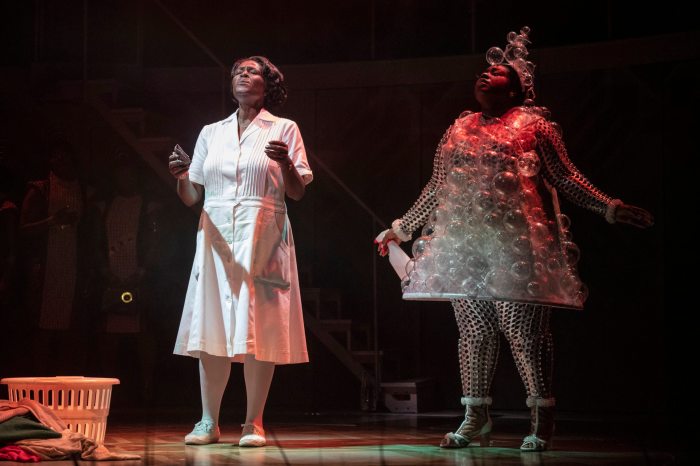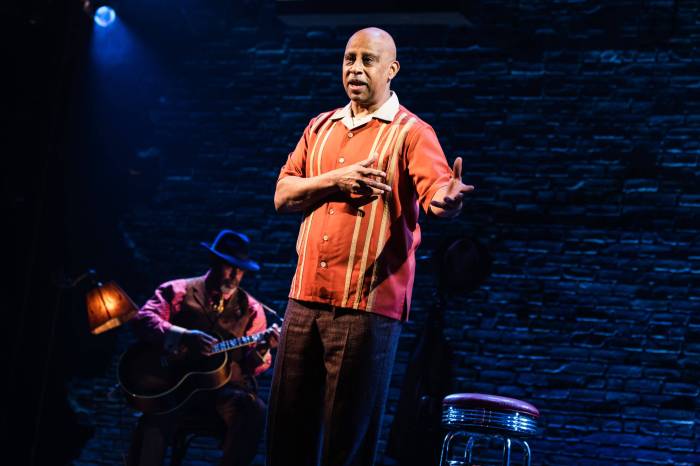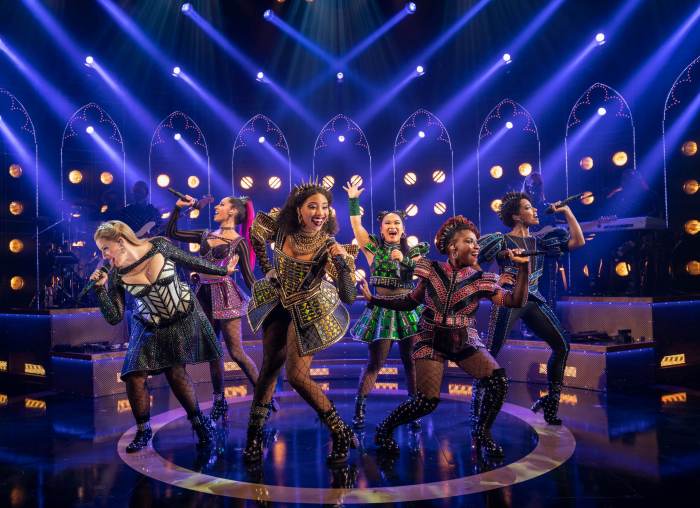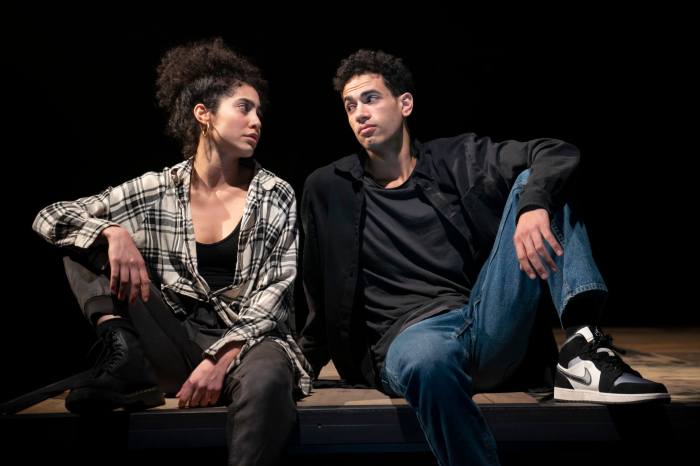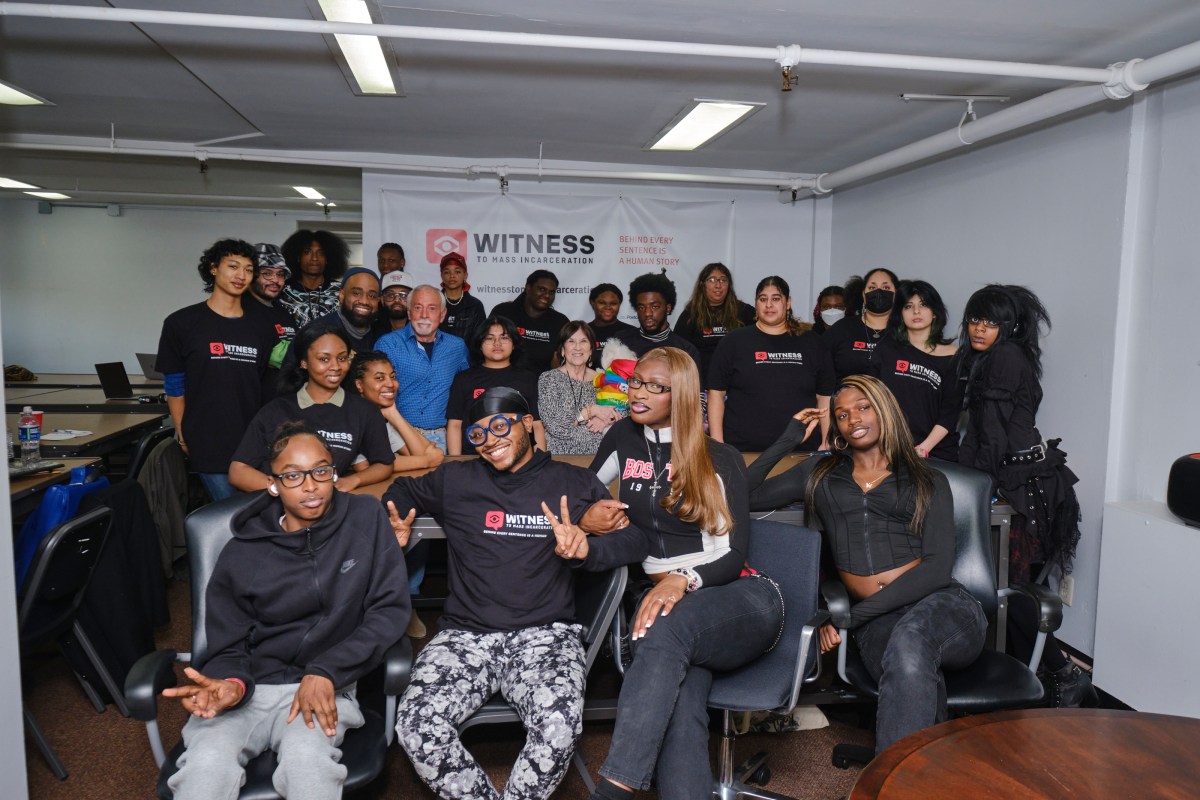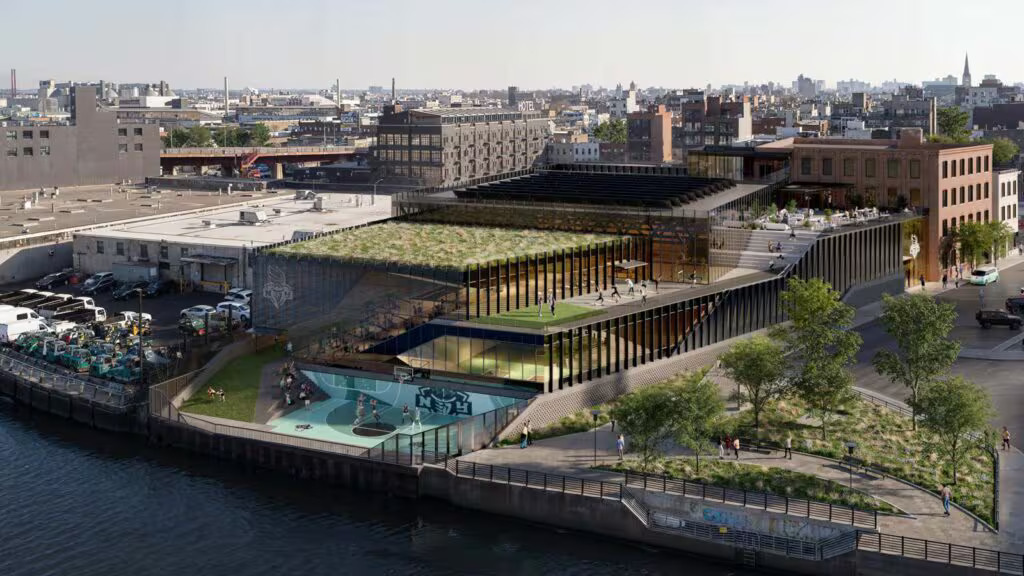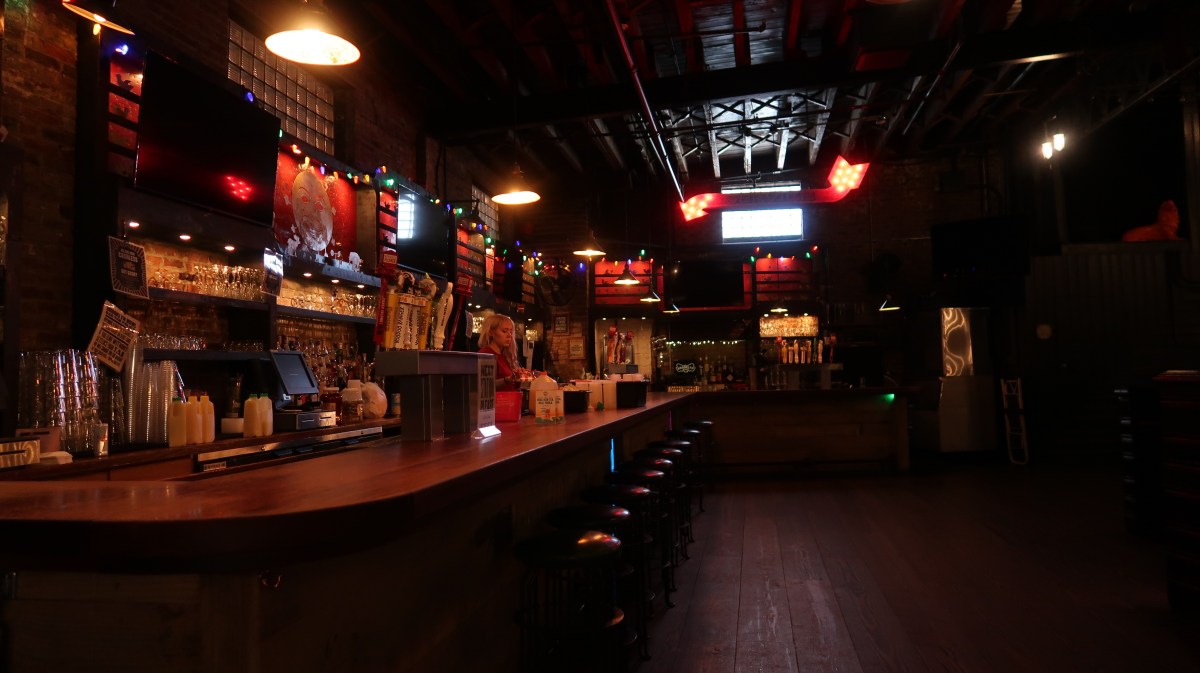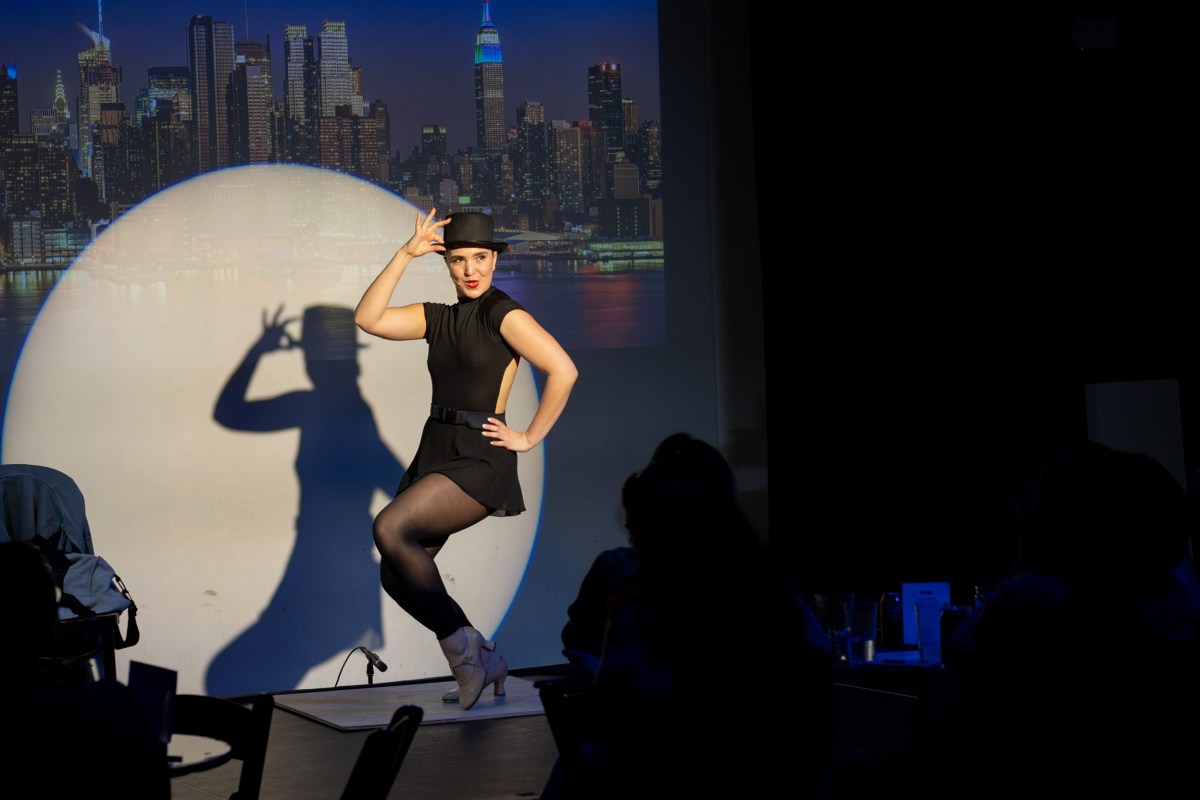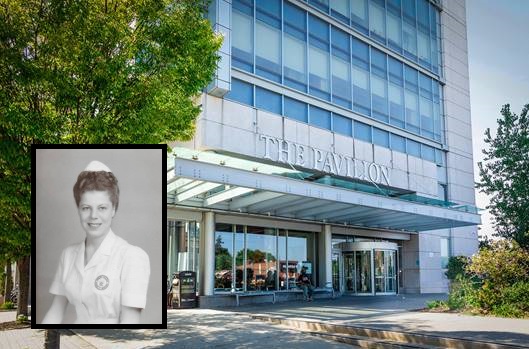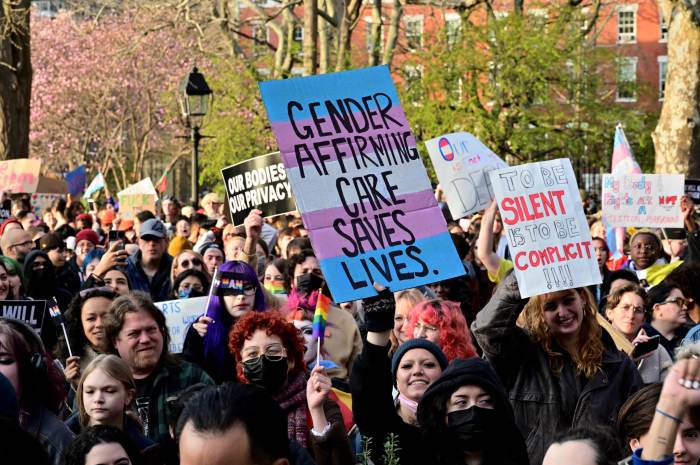Virtually any revival of a play or musical will inevitably be touted by someone or other as “timely” in an attempt to justify why it is being produced again. Yet it’s one thing for a show to touch upon a theme that may have some contemporary relevance, and it’s quite another for it to dive into subject matter that is so urgent and on-point that the show makes an even more powerful impact today than it did during its original run.
This happened already this fall with the musical “Caroline, or Change,” which delves into unconscious and institutional racism and class tension in the 1960s South (as well as the removal of a statute of a Confederate leader), and it is happening again with Anna Deavere Smith’s documentary drama “Twilight: Los Angeles, 1992,” which has been newly revised by Smith and is currently being presented Off-Broadway by Signature Theatre Company.
In “Twilight: Los Angeles, 1992,” Smith (a 71-year-old playwright and actress who is best known for her documentary-style dramas) splices together bits and pieces of 320 interviews she conducted nearly 30 years ago in order to create a sweeping, multifaceted portrait of the social unrest in Los Angeles in 1992 after four White police officers were acquitted of beating Black motorist Rodney King in 1992, culminating in outrage and violent rioting.
Although there are very important differences between the Rodney King riots and the Black Lives Matter protests that occurred in the summer of 2020 following the death of George Floyd, the parallels between the two precipitating events are unmistakable, including the fact that both incidents came to public consciousness through amateur video recordings. (In fact, PBS made its 2000 TV adaptation of “Twilight: Los Angeles, 1992” available for streaming last summer in light of its timeliness.)
To acknowledge the current political moment, Smith has added a new monologue by journalist Hector Tobar in which he connects Rodney King and George Floyd as “the story of two videos.” “This outrage which has lingered and smoldered…in the communities of people of color for decades since that Rodney King video is suddenly awakened…” Tobar explains.
Whereas the original production was conceived as a one-woman show in which Smith played dozens of characters ranging from a Black woman from Panama who was shot during the riots to film star and former NRA president Charlton Heston, the Off-Broadway revival (directed by Taibi Magar) uses a diverse and versatile five-member cast (including Elena Hurst, Wesley T. Jones, Francis Jue, Karl Kenzler, and Tiffany Rachelle Stewart), in which each actor plays multiple characters that mostly correspond with his or her racial identity.
The ensemble approach is clunky and not well suited to the play, which works better with a single performer quickly and seamlessly switching roles. The production also went overboard with towering video projections, frequent costume changes, and, at one point, an accumulation of random junk in an attempt to represent looting.
That being said, one is grateful to have an opportunity to revisit the play at such as opportune time. It is unclear whether Smith has considered creating a new interview-based work delving into George Floyd and Black Lives Matter. If not, perhaps “Twilight: Los Angeles, 1992” will convince someone to carry on her legacy.
Signature Theatre, 480 W. 42nd St., signaturetheatre.org, through Nov. 21.
